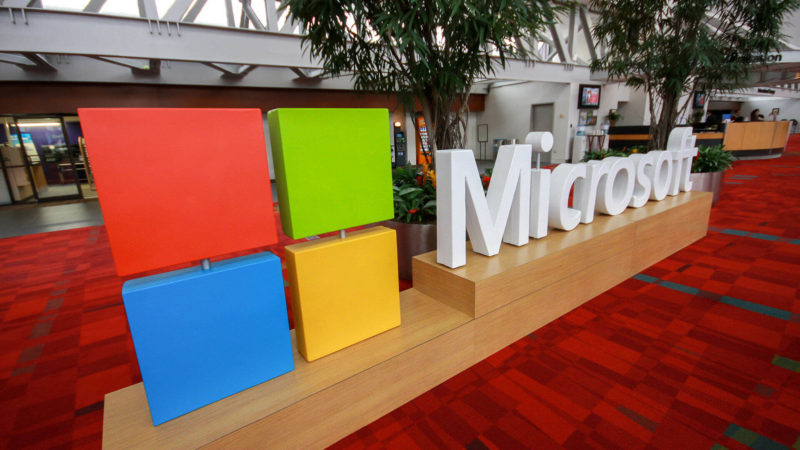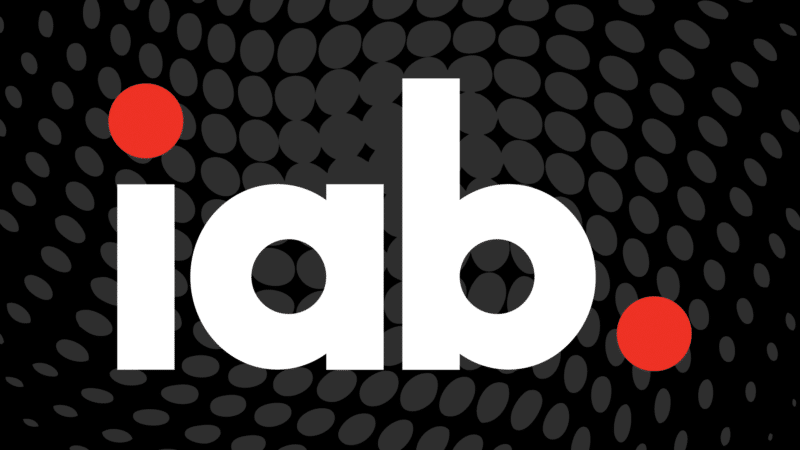In two decades of guiding B2B enterprises through digital trends and transformations, I’ve witnessed seismic shifts in consumer behavior. None of them quite compare to what we’re seeing with Gen Z.
The first truly digital-native generation is solidifying its standing in the workforce and gaining increasing purchasing power. As they do, their impact is fundamentally transforming what we market and why.
Gen Z: The new powerhouse in the consumer market
Consider this: Gen Z overtook Baby Boomers in full-time roles this year. They are also projected to have the fastest growth in spending power — a 4.02% CAGR — reaching around $12 trillion by 2030. That’s double the speed of previous generations.
Gen Z relies heavily on social media platforms like Instagram, YouTube and TikTok for research and shopping. They are especially influenced by values such as:
- Environmental responsibility.
- Animal welfare.
- Mental health.
Over 60% of Gen Zers prioritize mental health and personal well-being. Unlike previous generations, who often saw digital connectivity and wellness as conflicting, Gen Z views them as naturally intertwined.
Gen Z represents and requires a complete reimagining of the consumer landscape.
Dig deeper: How to talk to consumers about climate change
Understanding the Gen Z value matrix
It’s important to understand what drives their purchasing decisions. While there are nuances, three core values consistently influence their choices:
- Authenticity over polish
- Gen Z can spot manufactured authenticity from miles away.
- They prefer raw, unfiltered content over highly produced marketing materials.
- Key takeaway: Gen Z can be reached more via influencer marketing than any other generation.
- Impact over features
- They’re less interested in what a product does and more focused on its impact.
- Environmental and social responsibility aren’t bonuses; they’re baseline expectations.
- Key takeaway: 62% of Gen Z buyers prefer sustainable brands and 73% will pay more for sustainable products.
- Community over competition
- Gen Z views brands as community facilitators.
- They expect two-way dialogue and genuine engagement.
- Key takeaway: This makes social media Gen Z’s primary marketplace, learning platform and social hub.
Dig deeper: How to move beyond performative segmentation and embrace authenticity
The Gen Z health-tech revolution
The health and wellness technology sector provides a perfect case study of these principles in action. Companies like Calm and Talkspace captured Gen Z’s attention by offering mental health support and creating digital communities centered around mental well-being.
Wellness-focused tech companies are increasingly breaking traditional marketing molds by being openly transparent about their processes, pricing and even their challenges. Social hubs like TikTok, Reddit, X and Bluesky, let companies engage and enhance brand trust more than ever. This resonates deeply with Gen Z’s desire for authenticity and community.
Mental health-focused businesses are growing because of the increasing number of Gen Z-ers in the workforce. Companies like TARA Mind are transforming workplace wellness. Members of Gen Z see mental health as a core value they expect employers to prioritize.
Strategic framework for marketing to Gen Z
I’ve developed a framework for marketing to Gen Z based on my work with cutting-edge wellness tech brands.
1. Iron out your content strategy
Show the value your brand brings — mentally, socially and environmentally. Focus on entertaining them with authentic content and steer clear of heavy-handed advertising.
Have an omni-channel presence and be prepared to meet your audience on the platforms that suit your brand. Don’t assume that “digital-first” means “digital-only.” It’s true that, like most of us, many Gen Z-ers start searching for products online first. However, nearly half of their purchases are offline and in stores (and no, it isn’t all grocery shopping).
2. Use video to your advantage
Gen Z appreciates video content for just about everything from education to consumer reviews, news, entertainment and more. As a result, campaigns must use several video formats and make them accessible with captions and multiple video formats (vertical, horizontal, short-form and full-length videos). Those that do are likely to achieve better brand awareness and recall.
3. Financial alignment
Gen Z tends to spend the most on food, drink and entertainment, but brands outside those categories can still reach them. For example, Gen Z is more willing than other generations to splurge on experiences when traveling.
That said, keep in mind that 71% would rather wait for a product to go on sale before buying. Also, the number of Gen Z-ers joining loyalty programs has increased by 15% yearly.
Dig deeper: Aflac’s approach to Gen Z engagement
The future of Gen Z marketing
The principles reshaping health and wellness tech marketing extend across all sectors. Successful brands will embrace and understand Gen Z’s unique perspective.
Here are three predictions for the future of Gen Z marketing:
- Hybrid experiences will become the norm.
- AI-powered personalization will evolve.
- Community-led growth will dominate.
This marketing isn’t just about new platforms or trendy content (though that’s important, don’t get me wrong). It’s about fundamentally rethinking how we create value and build relationships with consumers.
The experience of health and wellness tech companies shows success comes from authentic, supportive experiences that seamlessly blend digital innovation with real-world impact.
As you develop your Gen Z marketing strategy for 2025, remember: This generation isn’t just looking for brands to buy. They’re looking for partners to create a better future.
Dig deeper: Why generational stereotypes are failing marketers and how to move past labels
The post How Gen Z values are changing marketing appeared first on MarTech.







